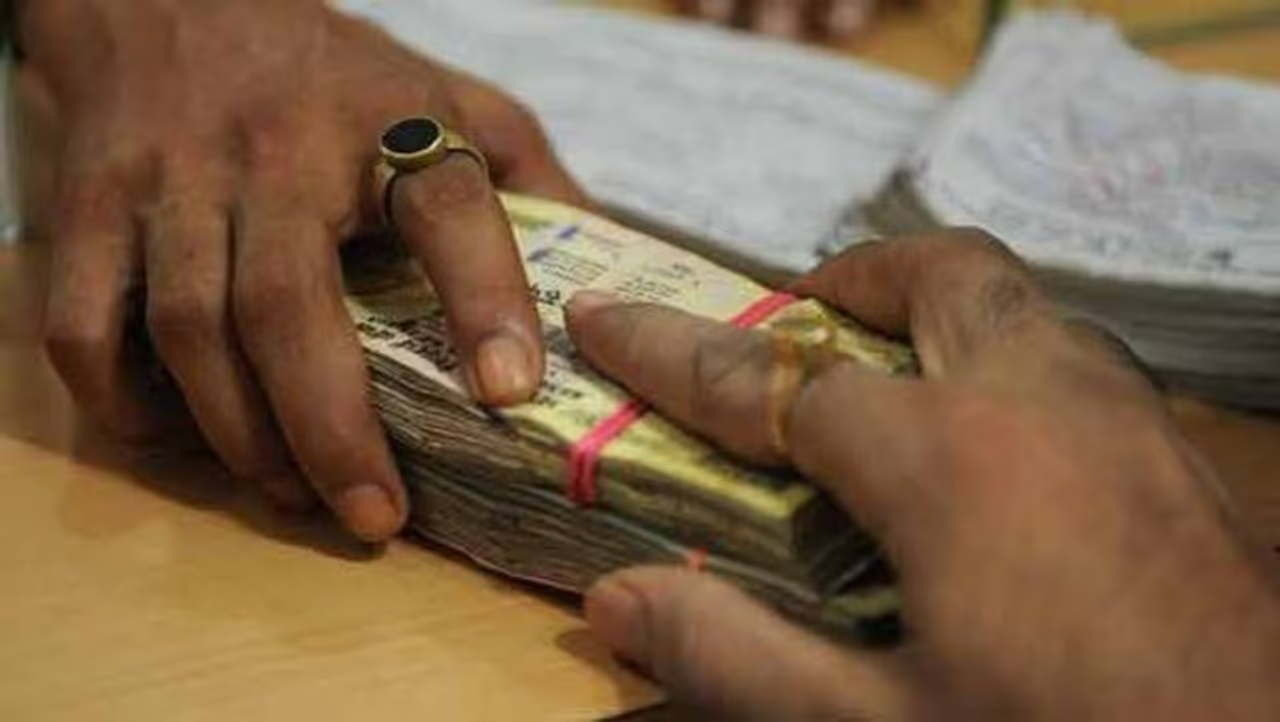7 easy and useful tips to eliminate your debts
A poet once said that a man who does not borrow is not a man. This is true in this day and age. These days, no one everyone borrows. Even if we don't have the thought of taking a loan, finance companies and banks are rushing to give loans. If you follow these 7 tips, you can easily get rid of your debt.

1. Clarity on financial matters..
The mistake most of us make is spending without calculating. Instead of doing that, develop a complete understanding of income, expenses, debt details, etc. We tend to borrow beyond our capacity in emergencies. Similarly, we take loans to meet small needs. Calculate all these and clearly write down the total amount of loans you have. Similarly, if you are an employee, how much salary do you get? Find out if there are any other income sources. This will give you a complete understanding of your total income and expenses.

2. Identify the loans to be paid first
First, it is very important to know clearly how many types of loans you have. It is important to pay off high-interest loans first. Eliminating loans with higher interest rates reduces the burden. Also, focus on loans that need to be repaid quickly. Recognize the needs of those who gave you the loan and try to repay the loan by the time you promised. Otherwise, they will lose faith in you. They will not give you a loan if you need it again.
3. Find additional sources of income
You can repay loans faster by generating side income in addition to your regular income. What you need to do for this is to know how much free time you get daily. Find out what work you can do during that time to earn extra income. These days many work-from-home jobs are available. Choose a job that suits your qualifications. Choose only what you can do. Plan to earn more income in less time.
Now small-scale industries are also giving good returns. If you have an idea to do business, start them yourself. You can do many small-scale industries with less investment and more profit. Focus on them. If you are unable to do it, get it done by your family members at home.
4. Reduce expenses.
By reducing unnecessary expenses, you will have the opportunity to repay a large amount of debt. Unnecessary expenses mean buying clothes even if there is no occasion, traveling unnecessarily, buying electronic goods, etc. These cost money but do not yield any profit. It is especially important to reduce such unnecessary expenses until the debts are paid off.
5. Consolidation
Consolidating your various loans into one type of loan reduces the burden of interest rates. For example, let's say you took a personal loan from one bank. Let's say you took a car loan from another bank. These banks will charge interest rates separately. Usually, interest rates of up to 14 percent are charged on personal loans. Therefore, some banks provide the facility of combining these two loans into one bank. Identify such things and choose the facility of combining two loans in one bank and reduce the burden of interest rates.
6. Make a systematic plan
Decide in advance how much debt you want to repay each month. Follow that plan regularly. For this, you need to be clear about your income and expenses. For example, if you are earning 100 rupees, just as we set aside some for household needs and some for hospital expenses, we should also set aside some amount every month to repay loans. If you calculate systematically like this, the burden of debt will not seem so heavy. In a few days, our debts will decrease rapidly without our knowledge.
7. Take new loans only if absolutely necessary
Don't take loans again and again just because you are paying off your debts. If the debts are already heavy, remember from time to time how much emergency we took these loans in. And if you face an emergency where you need to take a new loan, don't go for a loan again. Otherwise, there is a risk of getting unnecessary thoughts due to the burden of debt. Currently, many young people are inviting trouble by taking loans on top of loans.
Stay updated with all the latest Business News, including market trends, Share Market News, stock updates, taxation, IPOs, banking, finance, real estate, savings, and investments. Track daily Gold Price changes, updates on DA Hike, and the latest developments on the 8th Pay Commission. Get in-depth analysis, expert opinions, and real-time updates to make informed financial decisions. Download the Asianet News Official App to stay ahead in business.